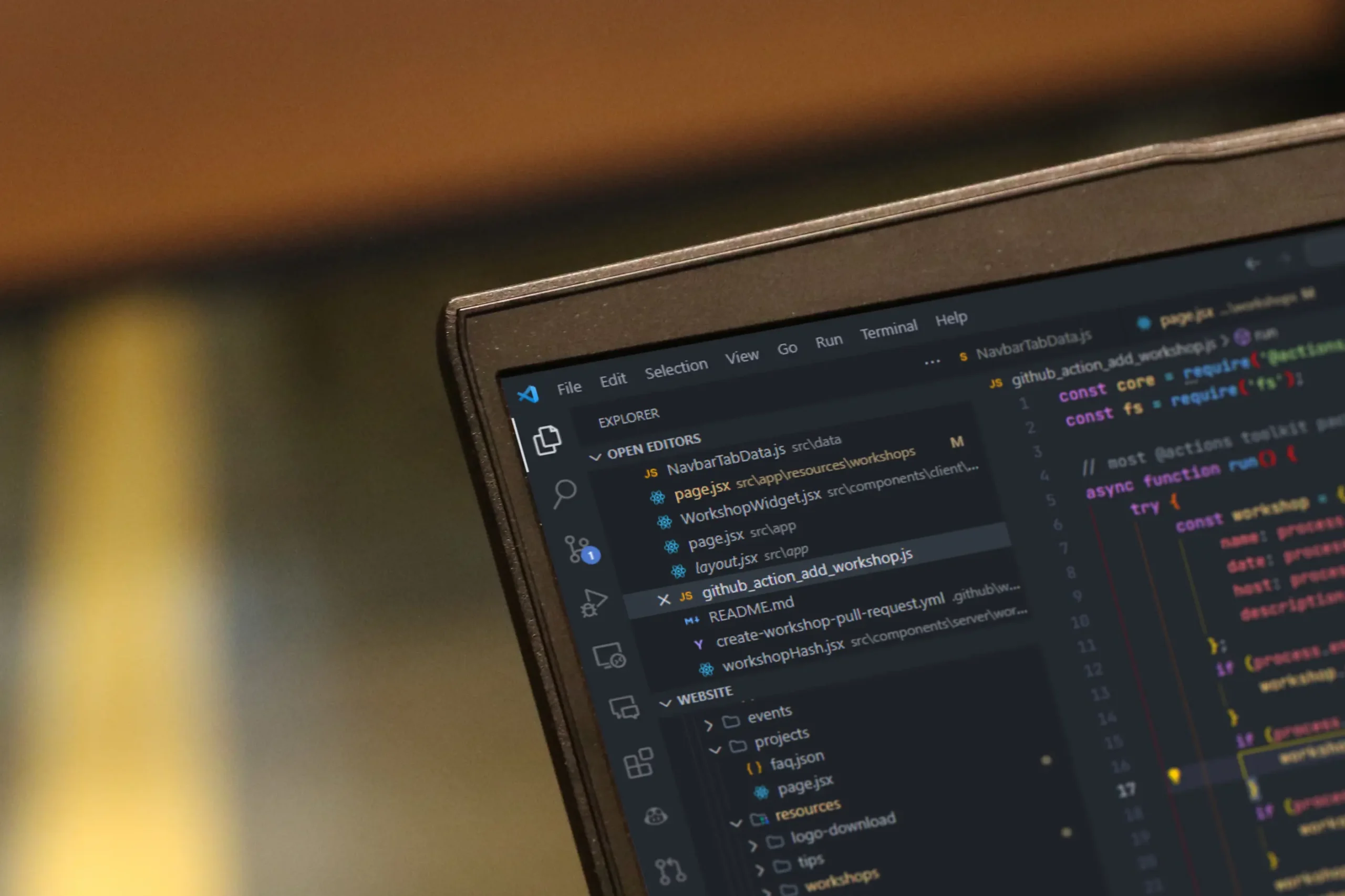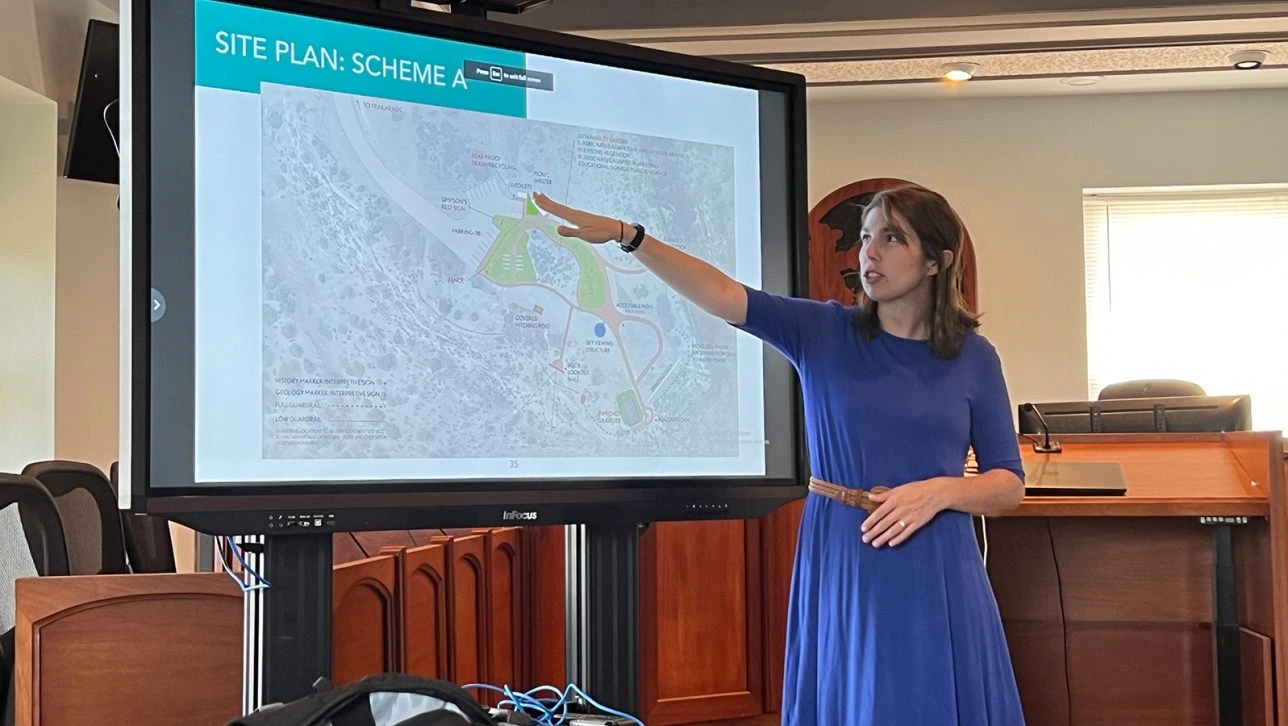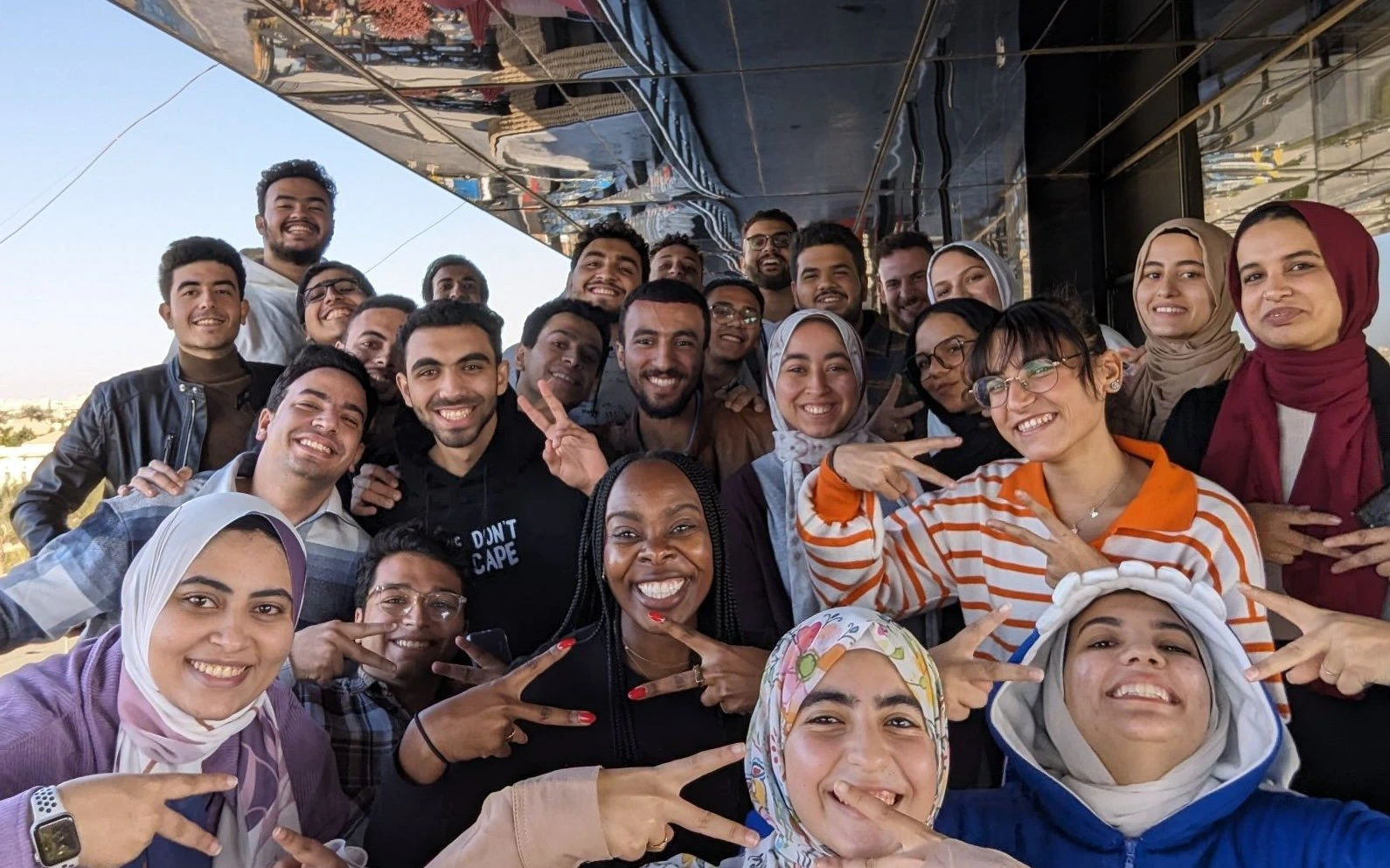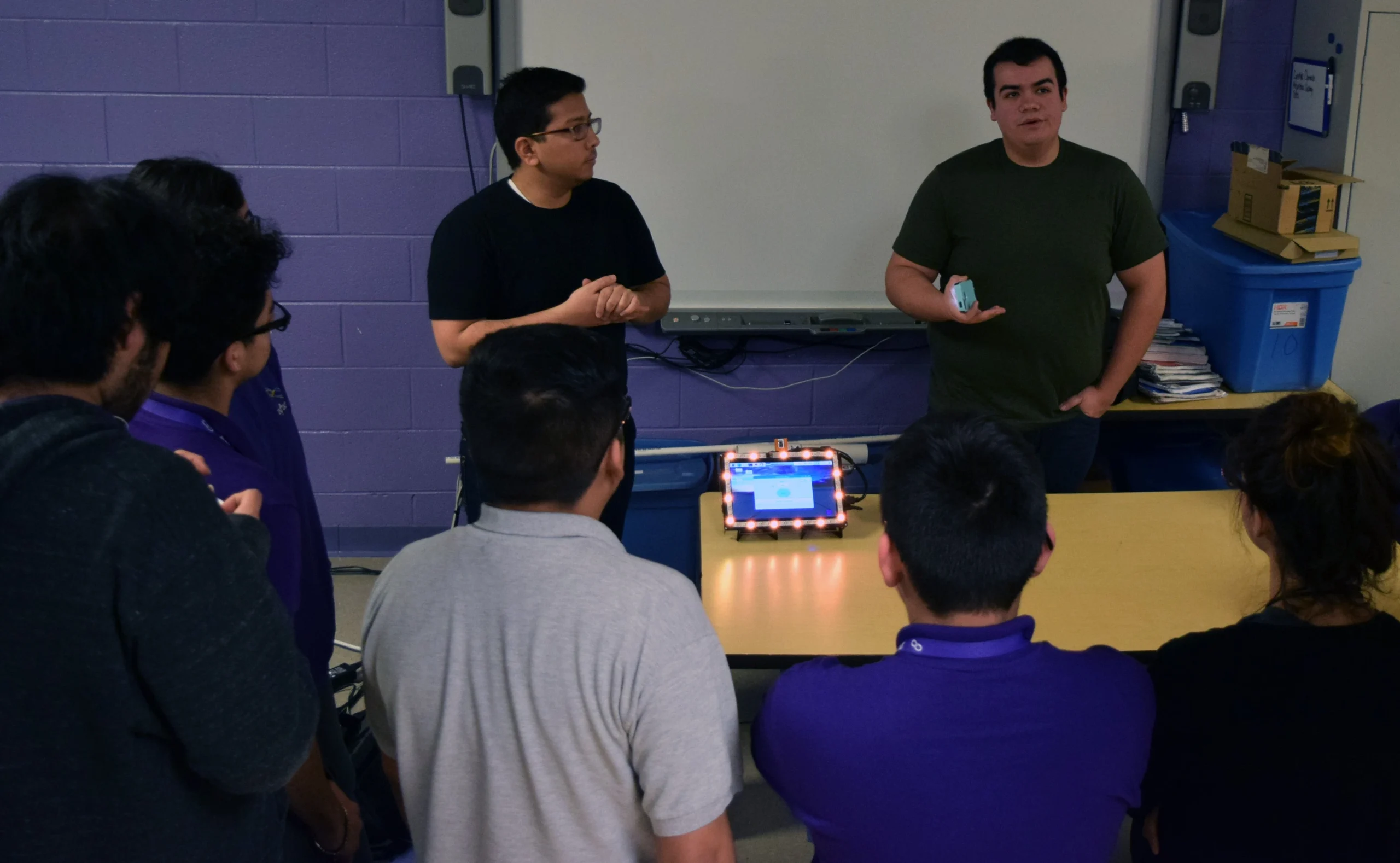In the ever-evolving world of technology, community-driven projects play a crucial role in fostering innovation, inclusivity, and accessibility. These initiatives rely on the collective efforts of developers, researchers, and volunteers from around the globe, working together to build open-source software, AI frameworks, privacy tools, and hardware solutions. Unlike proprietary technologies, these projects prioritize transparency, collaboration, and the free exchange of knowledge, ensuring that technological advancements benefit everyone, not just corporations.
From open-source coding platforms to crowdsourced computing projects that fight diseases, these initiatives demonstrate the power of shared expertise and global cooperation. Whether you’re a developer looking to contribute, a student eager to learn, or an enthusiast exploring groundbreaking tech, this guide will introduce you to 60+ of the most impactful community-driven tech projects across various fields. These projects not only shape the future of technology but also empower individuals worldwide to take part in meaningful innovation.
To make it easier, we’ve grouped these must-know projects into different categories based on their focus area. Get ready to explore, contribute, and be inspired by the best community-driven tech projects shaping the world today.

Open Source Software Foundations
Open-source software foundations play a pivotal role in the tech ecosystem by supporting and nurturing projects that are freely available for anyone to use, modify, and distribute. These foundations provide governance, resources, and a collaborative environment to ensure the sustainability and growth of open-source initiatives. By fostering community engagement, they enable developers from around the world to contribute to software that powers a significant portion of the internet and enterprise solutions.
- Apache Software Foundation – Supports a multitude of open-source projects, including the Apache HTTP Server.
- Linux Foundation – Provides a neutral home for Linux and collaborative development of open-source software.
- Mozilla Foundation – Promotes openness, innovation, and participation on the internet, known for Firefox browser.
- Eclipse Foundation – Hosts community-driven projects focused on building open-source software development tools.
- GNOME Foundation – Coordinates the GNOME desktop environment and associated applications.
- KDE e.V. – Supports the KDE community in developing free and open-source software.
- OpenStack Foundation – Enables the development of open-source software for creating private and public clouds.
- Document Foundation – Manages LibreOffice, a free and open-source office suite.
- Python Software Foundation – Promotes, protects, and advances the Python programming language.
- Node.js Foundation – Facilitates the development of the Node.js JavaScript runtime environment.

Collaborative Development Platforms
Collaborative development platforms are essential in modern software development, providing tools and environments that facilitate teamwork among developers. These platforms enable version control, code review, project management, and continuous integration, making it easier for distributed teams to work together efficiently. By fostering collaboration, they accelerate innovation and ensure high-quality software delivery.
- GitHub – A web-based platform for version control and collaborative software development.
- GitLab – Offers a complete DevOps platform, enabling collaborative code development and deployment.
- Bitbucket – Provides Git repository hosting and collaborative development tools for teams.
- SourceForge – Hosts open-source projects, offering tools for collaborative development and distribution.
- Launchpad – A platform for managing software projects and collaborating with developers.
- Gitea – A community-managed lightweight code hosting solution written in Go.
- Phabricator – A suite of open-source tools for peer code review and project management.
- Redmine – A flexible project management web application for collaborative development.
- Jira – A proprietary issue tracking product that provides bug tracking and agile project management.
- Assembla – Offers cloud-based task and code management tools for software developers.

Educational and Mentorship Communities
Educational and mentorship communities in technology are instrumental in nurturing the next generation of innovators. These communities provide resources, guidance, and hands-on experience to individuals eager to learn and grow in the tech field. By fostering an environment of collaboration and continuous learning, they help bridge the gap between academic knowledge and real-world application, empowering participants to contribute meaningfully to the tech ecosystem.
- Hack Club – A global network of high school coding clubs fostering a community of young programmers.
- CoderDojo – A volunteer-led movement of free programming workshops for young people.
- freeCodeCamp – An open-source community offering free coding lessons and certifications.
- Girls Who Code – Aims to close the gender gap in technology by teaching girls to code.
- Code.org – A nonprofit dedicated to expanding access to computer science education.
- The Odin Project – Provides a free, open-source curriculum for learning web development.
- Khan Academy – Offers free online courses, including computer programming tutorials.
- MIT OpenCourseWare – Provides free lecture notes, exams, and videos from MIT courses.
- Coursera – An online learning platform offering courses from various universities and companies.
- edX – Hosts online university-level courses in a wide range of disciplines.

Volunteer Computing Projects
Volunteer computing projects leverage the power of community participation by allowing people to donate their computer’s unused processing power to solve complex scientific and computational problems. These projects support research in medicine, astronomy, climate change, and even the search for extraterrestrial life. The beauty of volunteer computing is that anyone, anywhere, can contribute to cutting-edge scientific discoveries simply by running software in the background. By joining these initiatives, individuals become part of a global effort to use technology for the betterment of society.
- World Community Grid – A project that utilizes volunteer computing power to help researchers fight diseases and climate change.
- Folding@home – A distributed computing initiative studying protein folding to advance disease research.
- SETI@home – A now-retired project that analyzed radio signals in the search for extraterrestrial life.
- BOINC (Berkeley Open Infrastructure for Network Computing) – A platform that allows users to contribute computing power to a variety of scientific projects.
- LHC@home – Supports CERN research by simulating particle collisions in the Large Hadron Collider.
- Rosetta@home – Focuses on studying protein structures to aid in medical advancements.
- Einstein@home – Searches for gravitational waves and neutron stars using distributed computing.
- Climateprediction.net – A project that helps scientists run climate models to better understand climate change.
- GPUGrid.net – Uses volunteer GPUs to perform biomedical research.
- MilkyWay@home – Aims to map the structure of the Milky Way galaxy using donated computing power.
These projects demonstrate how technology can be used collectively to solve real-world problems, advancing human knowledge in ways that would be impossible with limited computing resources.

Open Source Artificial Intelligence Projects
Artificial Intelligence (AI) is transforming industries, and the open-source community plays a crucial role in making AI research and tools accessible to all. These community-driven AI projects offer machine learning frameworks, natural language processing (NLP) models, and AI-powered applications that help developers, researchers, and businesses create innovative solutions. Many of these projects are used in healthcare, automation, robotics, and data science, proving that AI can be both powerful and ethical when developed with transparency and collaboration.
- TensorFlow – Google’s open-source AI framework for machine learning applications.
- PyTorch – A deep learning framework developed by Facebook, widely used in AI research.
- Keras – A high-level neural network API built on TensorFlow.
- Hugging Face Transformers – Provides pre-trained NLP models for text analysis and chatbots.
- OpenAI Gym – A toolkit for developing and comparing reinforcement learning models.
- MLFlow – An open-source platform for managing machine learning experiments.
- FastAI – A deep learning library that simplifies AI model training.
- ONNX (Open Neural Network Exchange) – An open ecosystem for AI model interoperability.
- DeepMind Lab – An AI research environment for reinforcement learning experiments.
- Apache MXNet – A scalable AI framework known for its performance and flexibility.
By making AI tools freely available, these projects empower developers and researchers to build smarter, more efficient systems that can benefit society as a whole.

Privacy and Security Projects
In an era where data privacy and security concerns are at an all-time high, community-driven cybersecurity projects play a vital role in protecting users’ digital rights. These initiatives provide secure communication platforms, encrypted file-sharing tools, and privacy-focused operating systems that empower users to take control of their online security. Whether it’s safeguarding personal messages, blocking trackers, or offering alternatives to surveillance-heavy tech companies, these projects prioritize user privacy and digital freedom.
- Tor Project – A network that enables anonymous browsing and protects against surveillance.
- Signal – A private messaging app known for its strong encryption.
- Tails OS – A secure operating system that runs from a USB drive, ensuring privacy.
- ProtonMail – An end-to-end encrypted email service that protects users’ data.
- OpenVPN – A widely-used open-source VPN protocol for secure internet access.
- Let’s Encrypt – A free SSL certificate provider that promotes internet security.
- Qubes OS – A security-focused desktop operating system that isolates applications.
- Whonix – A Linux-based OS designed for maximum privacy and anonymity.
- GrapheneOS – A hardened mobile OS designed for security-conscious users.
- KeePass – An open-source password manager that keeps credentials secure.
These projects help users reclaim their digital privacy, offering secure alternatives to mainstream communication tools and operating systems.

Open Source Hardware Projects
While software often takes the spotlight in open-source development, hardware is equally important in the tech ecosystem. Open-source hardware projects provide blueprints, designs, and specifications for building physical computing devices, from single-board computers to robotics and 3D printers. These projects enable innovation in education, DIY electronics, and industrial applications while making hardware development more accessible and collaborative. Whether you’re a maker, engineer, or enthusiast, these open-source hardware projects offer incredible opportunities to build and experiment.
- Arduino – An open-source electronics platform that allows users to build and program microcontroller-based projects.
- Raspberry Pi – A low-cost, credit-card-sized computer designed for educational and DIY projects.
- BeagleBone – An open-source single-board computer with enhanced performance for embedded applications.
- OpenCompute Project – A community-driven initiative aimed at creating more efficient, scalable, and sustainable data center hardware.
- RepRap – A pioneering open-source 3D printing project that led to the rise of consumer 3D printers.
- KiCad – An open-source electronic design automation (EDA) tool for creating printed circuit boards (PCBs).
- LibrePCB – Another open-source PCB design tool focused on usability and flexibility.
- OctoPrint – A web interface for remotely controlling and monitoring 3D printers.
- ESPHome – A framework for creating smart home devices using ESP8266 and ESP32 microcontrollers.
- OpenBionics – An open-source prosthetics project that develops affordable bionic limbs for amputees.
These projects provide affordable, accessible, and customizable hardware solutions for innovators worldwide, fostering creativity in fields ranging from robotics to healthcare.

Open Source Blockchain and Cryptocurrency Projects
Blockchain technology has revolutionized finance, security, and decentralized applications, with many of its leading innovations coming from open-source, community-driven projects. These blockchain initiatives focus on decentralization, transparency, and financial inclusion, allowing anyone to participate in a distributed network. From cryptocurrency platforms to smart contract frameworks, these projects empower users to take control of their data and transactions while reducing reliance on traditional financial systems.
- Bitcoin – The world’s first and most well-known decentralized cryptocurrency, operating on an open-source blockchain.
- Ethereum – A blockchain-based platform enabling smart contracts and decentralized applications (DApps).
- Hyperledger – A Linux Foundation-led initiative focused on enterprise blockchain solutions.
- Cardano – A blockchain platform emphasizing scalability, sustainability, and academic research-driven development.
- Polkadot – A multi-chain network designed to enable interoperability between different blockchains.
- Solana – A high-performance blockchain supporting fast and low-cost decentralized applications.
- Tezos – A self-amending blockchain platform focused on security and scalability.
- Filecoin – A decentralized storage network that incentivizes users to share storage space.
- Chainlink – A decentralized oracle network that connects smart contracts with real-world data.
- Monero – A privacy-focused cryptocurrency that provides secure and untraceable transactions.
These blockchain projects drive innovation in finance, governance, and security, promoting decentralized alternatives to traditional institutions and ensuring greater user control over digital assets.

Open Source Internet and Networking Projects
The Internet is the backbone of modern communication, and open-source projects have played a critical role in making it more secure, decentralized, and accessible. These networking initiatives aim to improve global connectivity, protect user privacy, and ensure net neutrality. Whether it’s decentralized web hosting, encrypted communications, or open-source routers, these projects help shape a freer and more open internet.
- Tor Project – A privacy-focused browser that enables anonymous web browsing by routing traffic through encrypted nodes.
- Mastodon – A decentralized social networking platform that offers an alternative to traditional social media.
- Diaspora – An open-source, privacy-focused social network.
- Matrix – A decentralized, encrypted communication protocol used in messaging apps like Element.
- OpenWrt – An open-source firmware for routers that enhances security and performance.
- FreedomBox – A personal server designed to promote digital privacy and independence.
- IPFS (InterPlanetary File System) – A decentralized web protocol that distributes and stores data across multiple nodes.
- Yggdrasil Network – An experimental open-source network focused on secure peer-to-peer communication.
- GNUnet – A peer-to-peer framework that provides secure, censorship-resistant networking solutions.
- ZeroTier – A decentralized networking service that enables secure virtual networks.
These projects challenge the dominance of centralized corporations over the internet, ensuring greater security, privacy, and accessibility for users worldwide.
Community-driven tech projects demonstrate the immense potential of collaboration, innovation, and shared knowledge. Whether it’s open-source software, artificial intelligence, privacy tools, or volunteer computing, these initiatives empower individuals and organizations worldwide to create impactful technological advancements. By fostering inclusivity and transparency, these projects ensure that technology remains accessible and beneficial to all.
From open-source AI research that accelerates machine learning to privacy-focused software that safeguards personal data, these initiatives highlight the importance of ethical, community-driven development. In a world where proprietary solutions dominate, these projects stand as a testament to the power of collective intelligence in shaping the future of technology.
If you’re a developer, researcher, or tech enthusiast, getting involved in these projects is a fantastic way to contribute, learn, and make a difference. Whether by writing code, donating computing power, or advocating for digital rights, every contribution plays a role in advancing technology for the greater good.
Are you ready to be part of the next big community-driven tech innovation? Explore these projects and join the movement.










